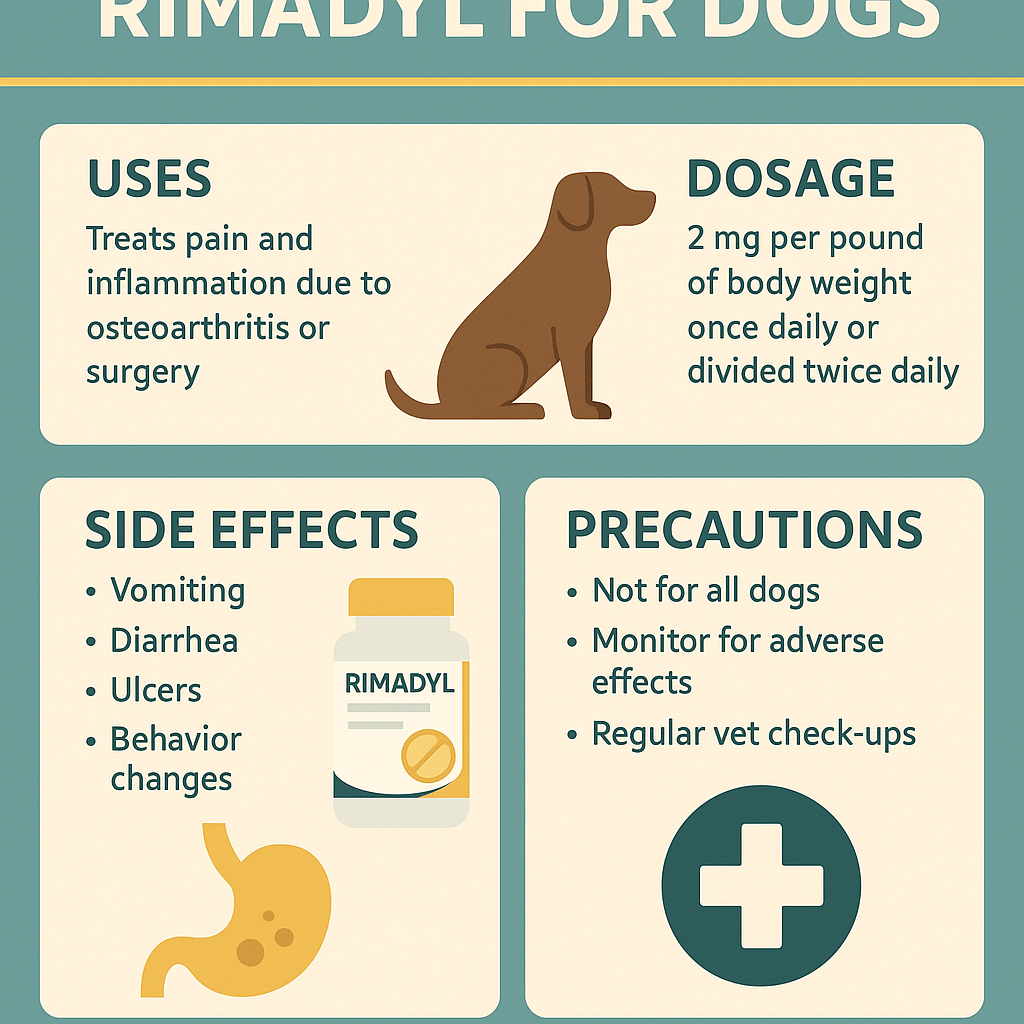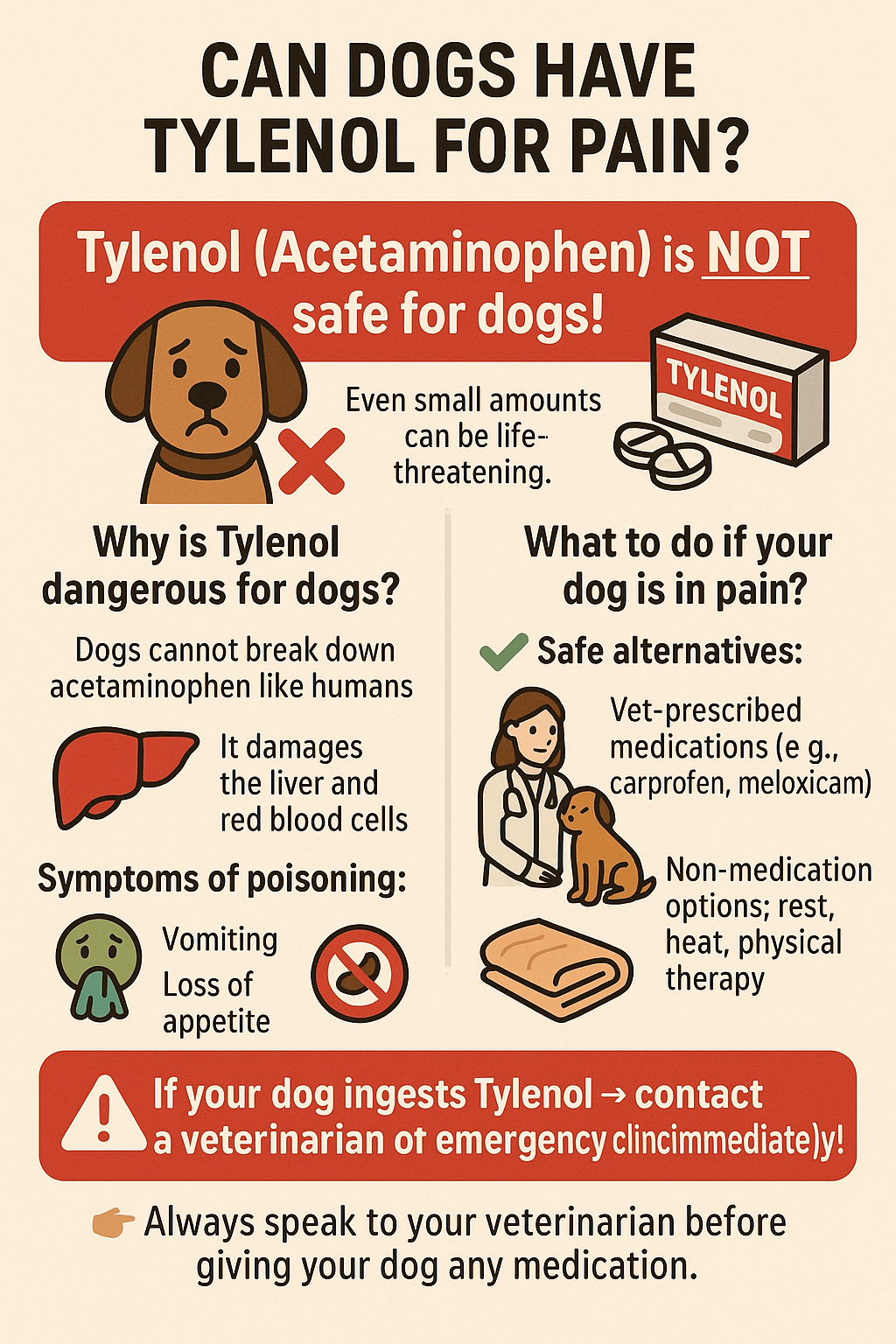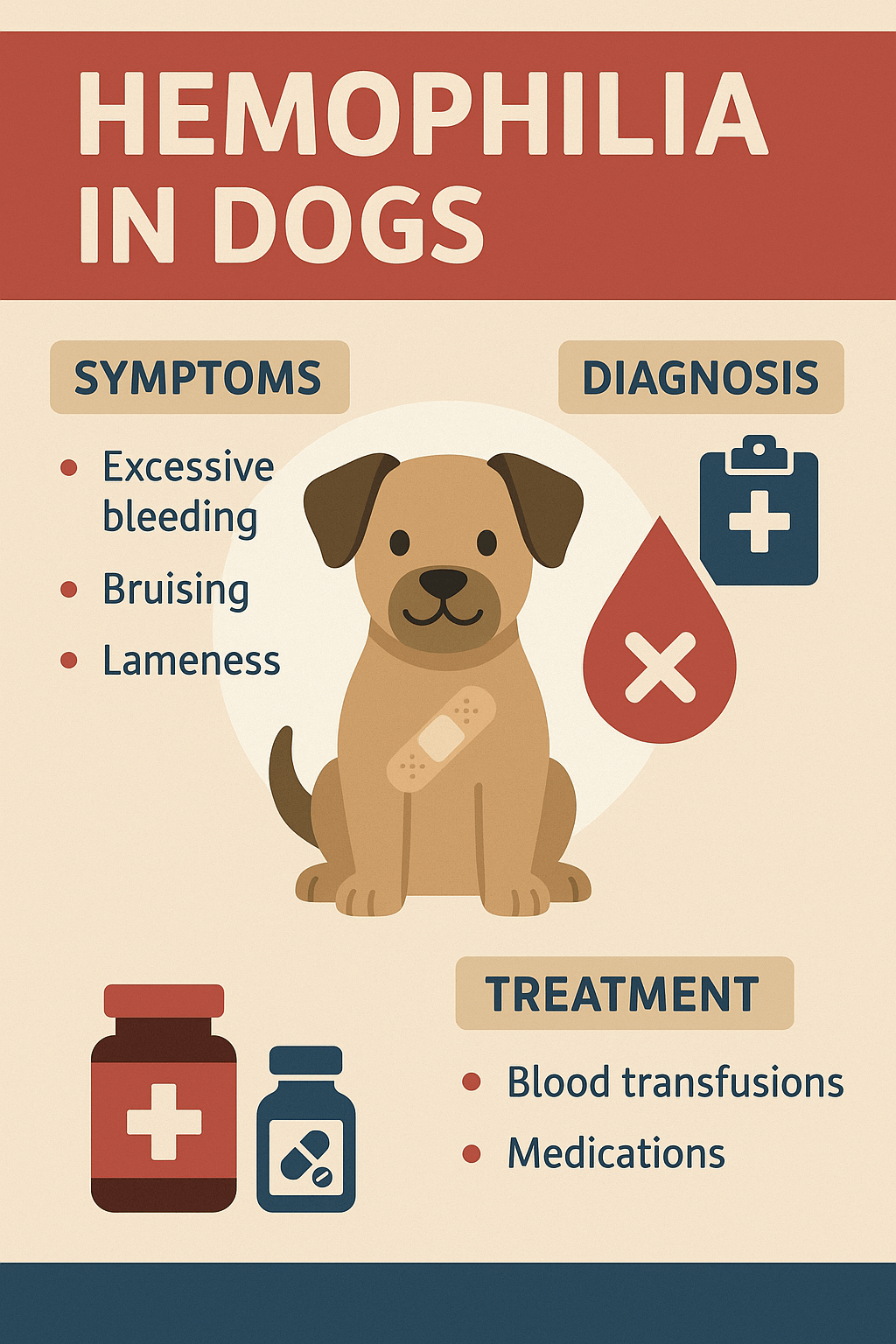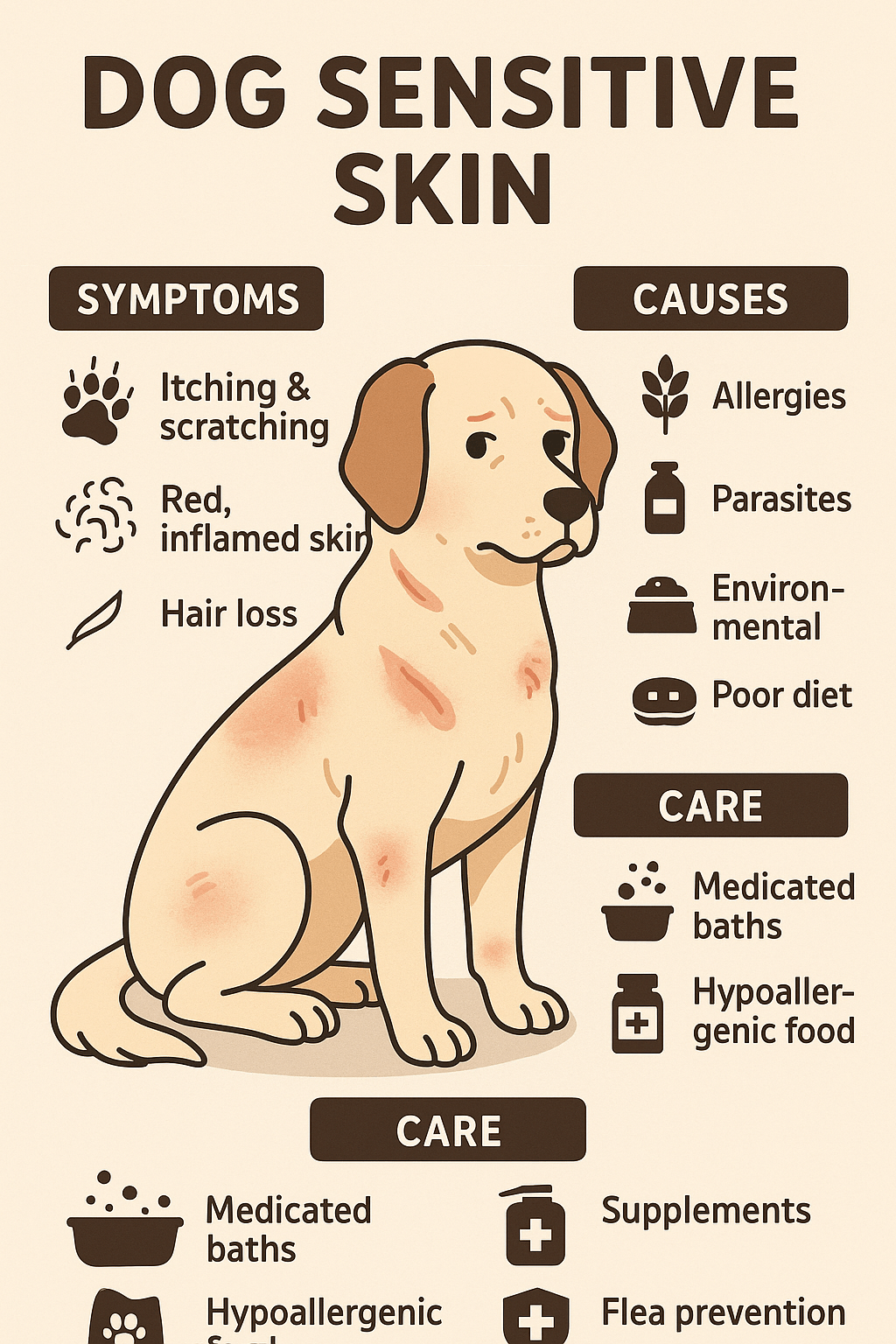Mite Medicine for Dogs: What Every Pet Owner Needs to Know
If you’ve ever noticed your dog scratching excessively, shaking their head, or showing signs of discomfort, they might be dealing with mites. Mites are tiny parasites that can wreak havoc on your dog’s skin and ears, causing irritation, inflammation, and even infections. Fortunately, there are effective mite medicines available to help treat and prevent these pesky invaders. But with so many options on the market, how do you choose the right one? In this blog post, we’ll explore everything you need to know about mite medicine for dogs, from identifying symptoms to selecting the best treatment for your furry friend. Let’s dive in and ensure your dog stays happy, healthy, and itch-free!
Common Types of Mites That Affect Dogs
Understanding the different types of mites that can infest dogs is crucial for identifying the problem and choosing the appropriate treatment. Each type of mite has unique characteristics and requires specific care.
Sarcoptic Mites (Scabies):
These highly contagious mites burrow into the skin, causing intense itching and redness. They spread easily between dogs and even to humans.Demodex Mites:
Demodex mites live in hair follicles and are often linked to weakened immune systems. While less itchy than scabies, they can lead to patchy hair loss and skin lesions.Ear Mites (Otodectes Cynotis):
Ear mites thrive inside the ear canal, causing excessive scratching, head shaking, and a dark, waxy discharge.Cheyletiella Mites (Walking Dandruff):
These mites create dandruff-like flakes on the skin and cause mild itching. They’re highly contagious and can affect other pets and people.Trombiculid Mites (Chiggers):
Chiggers are seasonal pests that attach to the skin, leading to red bumps and intense itching, especially around the legs and belly.
Recognizing the type of mite affecting your dog is the first step toward effective treatment and relief.
Top Treatments for Mite Infestations in Dogs
When it comes to treating mites, there are several options available, ranging from topical solutions to oral medications. Here’s an overview of the most common treatments.
Topical Spot-On Treatments:
These easy-to-apply liquids target mites directly on the skin and are effective for conditions like scabies and ear mites.Oral Medications:
Prescription pills or chews kill mites systemically from within, making them ideal for severe infestations.Medicated Shampoos:
Specially formulated shampoos soothe irritated skin while killing mites and preventing reinfestation.Ear Drops:
For ear mites, medicated drops clean the ear canal and eliminate mites, reducing irritation and preventing secondary infections.Injectable Medications:
Veterinarians may administer injections for stubborn cases, particularly when demodex mites are involved.
With proper treatment, your dog can recover quickly and comfortably from a mite infestation.
Check this guide 👉Can Nasal Mites Kill a Dog? Best 7 Health Tips!
Check this guide 👉Understanding Cat Chin Mites vs Acne: Best 7 Expert Tips!
Check this guide 👉How Long Do Flea Treatment Side Effects Last? Best 7 Tips!
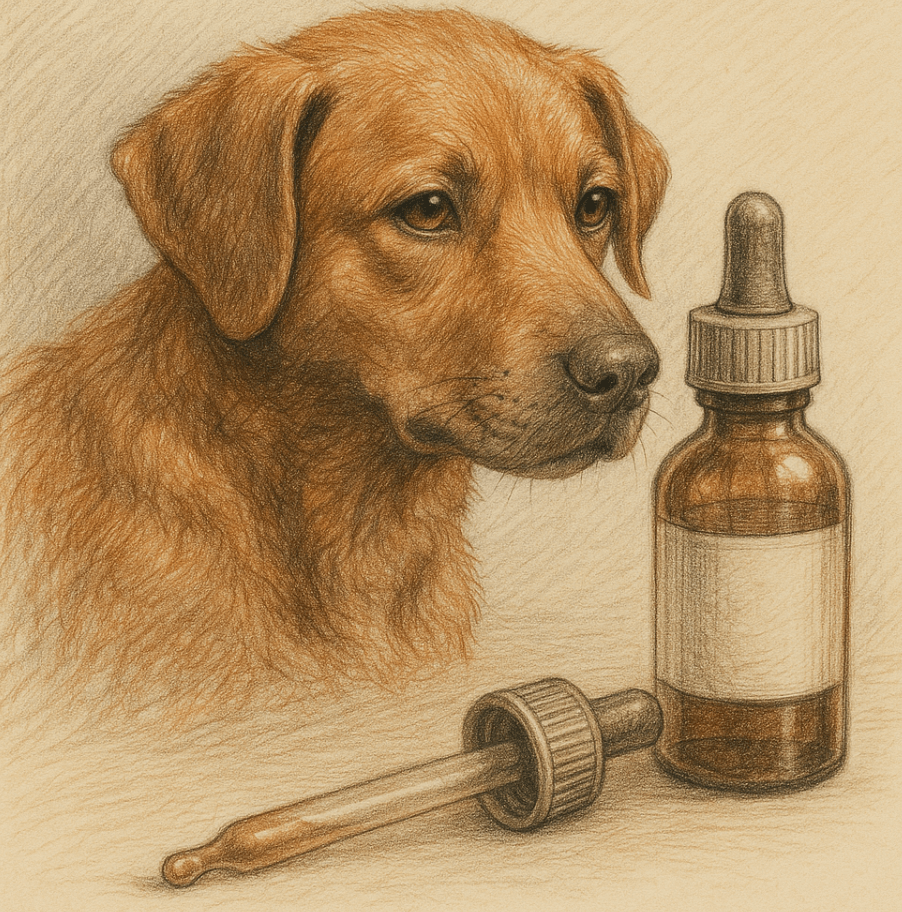
Preventive Measures Against Mites | Signs Your Dog May Have Mites |
|---|---|
Regular grooming and coat maintenance | Excessive scratching or licking |
Keeping your dog’s bedding clean | Red, inflamed, or irritated skin |
Avoiding contact with infested animals | Hair loss or bald patches |
Using vet-recommended flea prevention | Dark, waxy buildup in the ears |
Inspecting your dog after outdoor play | Visible dandruff or crusty skin |
How to Administer Mite Medicine Safely
Administering mite medicine correctly is essential to ensure its effectiveness and your dog’s safety. Follow these tips for a smooth process.
Read Instructions Carefully:
Always follow the dosage and application guidelines provided by your veterinarian or the product packaging.Wear Protective Gear:
When applying topical treatments, wear gloves to avoid skin contact with harsh chemicals.Choose a Calm Environment:
Administer medicine in a quiet space where your dog feels relaxed and less likely to resist.Monitor for Side Effects:
Watch for adverse reactions such as vomiting, diarrhea, or increased itching, and consult your vet if they occur.Complete the Full Course:
Even if symptoms improve, finish the entire treatment regimen to prevent mites from returning.
Proper administration ensures your dog receives the full benefits of their mite medicine without complications.
When to Consult a Veterinarian About Mites
While over-the-counter treatments can be effective, some situations require professional veterinary intervention. Knowing when to seek help is key to protecting your dog’s health.
Persistent Symptoms:
If your dog’s condition doesn’t improve after using mite medicine, it’s time to consult a vet for further evaluation.Severe Skin Damage:
Open wounds, bleeding, or significant hair loss indicate a more serious issue that needs expert care.Secondary Infections:
Signs of infection, such as pus, swelling, or a foul odor, require antibiotics or specialized treatment.Uncertain Diagnosis:
If you’re unsure whether mites are the cause of your dog’s symptoms, a vet can perform tests for confirmation.Preexisting Health Conditions:
Dogs with underlying health issues may need tailored treatments to avoid complications.
Prompt veterinary care ensures your dog receives the attention they need to recover fully and safely.
Tips for Preventing Mite Reinfestation
Once your dog has recovered from a mite infestation, taking steps to prevent reinfestation is crucial. These tips will help keep mites at bay.
Wash Bedding Regularly:
Clean your dog’s bed, blankets, and toys in hot water to kill any lingering mites or eggs.Vacuum Frequently:
Vacuum carpets, furniture, and car seats to remove mites or eggs that may have fallen off your dog.Bathe Your Dog Routinely:
Regular baths with a gentle, vet-approved shampoo can help maintain skin health and deter mites.Limit Exposure to Infested Areas:
Avoid places where mites are common, such as wooded areas or areas frequented by stray animals.Schedule Routine Vet Check-Ups:
Regular vet visits can catch potential issues early before they escalate into serious problems.
By staying proactive, you can minimize the risk of mites returning to your home.
Natural Remedies to Complement Mite Medicine
While conventional treatments are often necessary, natural remedies can support your dog’s recovery and overall skin health.
Coconut Oil:
Applying coconut oil to affected areas can soothe irritated skin and has mild antiparasitic properties.Apple Cider Vinegar Rinse:
Diluted apple cider vinegar can help balance your dog’s skin pH and discourage mites from thriving.Aloe Vera Gel:
Pure aloe vera soothes inflammation and promotes healing of damaged skin.Diatomaceous Earth:
Food-grade diatomaceous earth sprinkled on bedding or carpets can dehydrate and kill mites naturally.Herbal Supplements:
Herbs like neem and calendula support skin health and boost the immune system against mites.
These natural options can enhance your dog’s recovery when used alongside vet-recommended treatments.
Common Misconceptions About Mites and Their Treatment
There are several myths surrounding mites and how to treat them. Clearing up these misconceptions ensures you make informed decisions for your dog.
Mites Only Affect Dirty Dogs:
Mites can infest even the cleanest dogs, as they’re often transmitted through direct contact or contaminated environments.All Mites Are the Same:
Different mites require different treatments, so identifying the specific type is essential for effective care.Over-the-Counter Treatments Are Always Safe:
Not all OTC products are suitable for every dog; some may cause allergic reactions or worsen the condition.Mites Go Away on Their Own:
Without treatment, mites can persist and lead to worsening symptoms or secondary infections.Only Outdoor Dogs Get Mites:
Indoor dogs are just as susceptible to mites, especially if they come into contact with infested pets or objects.
Understanding the truth behind these myths helps you provide the best care possible for your dog.
Frequently Asked Questions About Mite Medicine for Dogs
Can mites spread to humans?
Yes, certain mites like sarcoptic and cheyletiella can temporarily infect humans, causing itching and irritation.
How long does it take for mite medicine to work?
Most treatments show improvement within 1-2 weeks, but complete recovery may take several weeks.
Are over-the-counter treatments effective?
Some OTC products work well for mild cases, but severe infestations often require prescription-strength solutions.
Can I use cat mite medicine on my dog?
No, medications are species-specific and using the wrong product can harm your dog.
How can I prevent mites in the future?
Regular grooming, flea prevention, and avoiding contact with infested animals can reduce the risk of mite infestations.
Protecting Your Dog from Mites: A Commitment to Their Comfort
Mites may be small, but their impact on your dog’s health and happiness can be significant. By understanding the types of mites, recognizing symptoms early, and using the right mite medicine, you can keep your furry companion comfortable and free from irritation. Remember, prevention and prompt treatment are key to avoiding recurring infestations. With proper care and vigilance, you can ensure your dog enjoys a life full of joy, play, and wagging tails—without the annoyance of mites.
Rimadyl for Dogs: Best 7 Expert Tips! Discover expert advice on using Rimadyl safely, managing pain, and improving your dog’s mobility with trusted veterinary insights.
Can Dogs Have Tylenol for Pain? Best 7 Expert Tips! Discover the risks, safe alternatives, and expert advice on managing your dog’s pain effectively while avoiding harmful medications.
Understanding Hemophilia in Dogs: Best 7 Expert Tips! Discover expert advice on managing hemophilia, recognizing symptoms, and ensuring your dog’s well-being with practical care strategies.
Understanding Dog Sensitive Skin: Best 7 Expert Tips! Discover expert advice on managing dog sensitive skin, relieving irritation, and improving your pup’s comfort with practical solutions.

